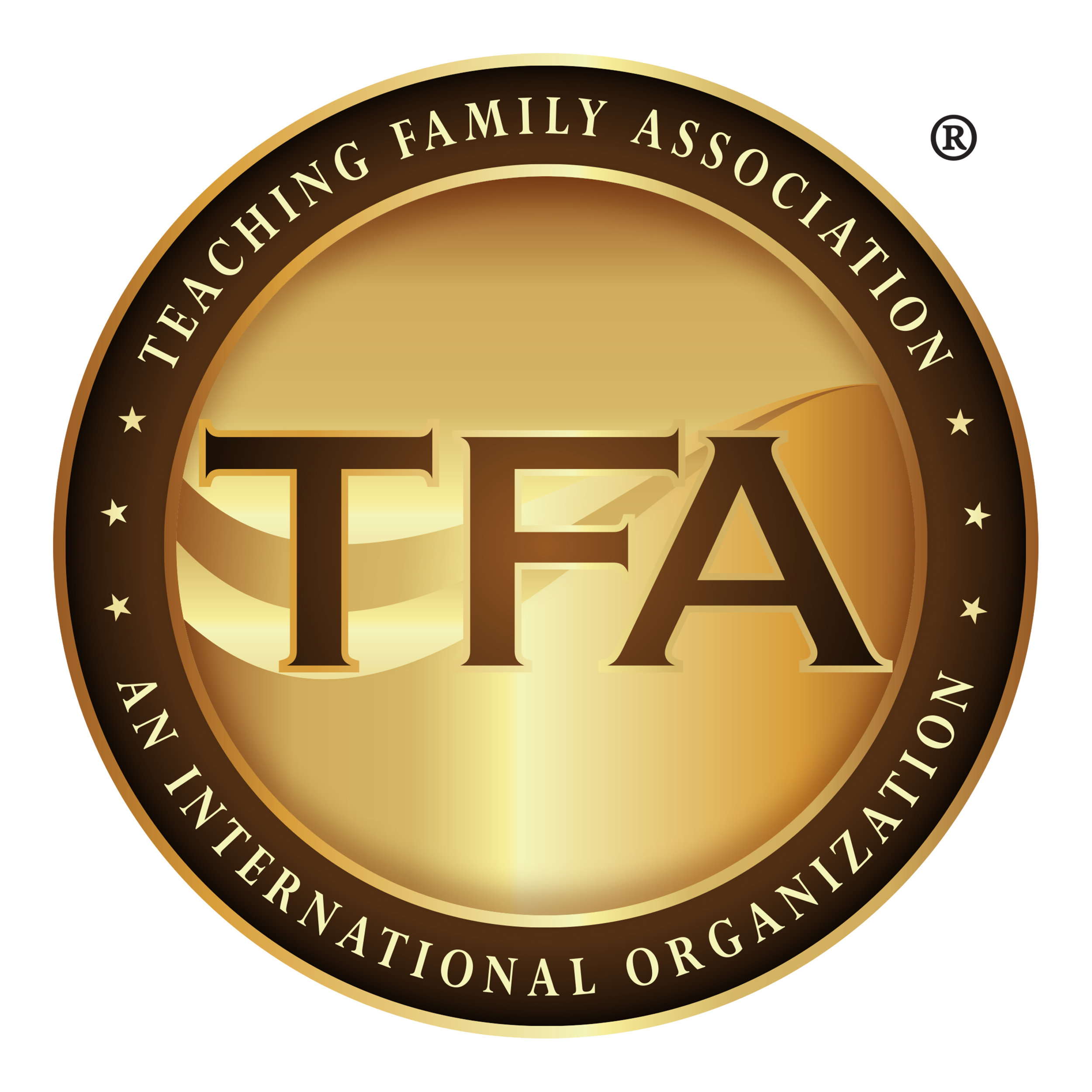Member approaches to ethics standard 507: informed consent
How do you handle the situation when a child understands what he is being asked to sign but refuses to sign?
Our population all has intellectual disability so in a sense they are adult-children. Many have been assigned conservators who can make consent decisions for them but still we seek to have the individual understanding and cooperation of those we serve. The difficulty we deal with, regardless of conservator or not, is a refusal to take prescribed meds or a refusal to bathe, do household chores, go to school etc. With the meds, we report it as a medication error and try to address the issue with behavior modification if it persists. Under no circumstance can we force or coerce compliance.
We document. The document is fully explained to the client, any questions are answered, if and as appropriate changes are made (unless it is a standard licensing or admissions form), and if they refuse to sign we ask they sign to the side and make note that they received it, but don’t agree/want to/whatever, or we make a notation based on their specific reason, sign and date it.
Document the refusal. This could look differently depending on the situation. For example, maybe you gave the client a copy of a hand book and they refused to sign that they received it. Then you may just list that the client was given a copy of the hand book and refused to sign, with the date, staff signature, etc. next to this notation. And if the client is under 18, I’m assuming the guardian would be signing paperwork as well so you may have the guardian and staff/witness both sign next to the documentation re: the refusal.
While the child would not like to sign, the legal consent for treatment, training, research participation is with the person who has legal standing to do so. If the youth has a legal standing to refuse we would honor their request.
In our case, we would have the legal guardian sign for them and note that the child refused to sign. In Alberta, consent is only recognized for kids 12 years and up, but a guardian can still sign for them up to the age of 18. This is basically just the “consent for treatment” that I’m referring to. If we did research we would likely only do it with consent from the child (if they are at the age where they can legally consent). Hope that makes sense.
We separate out these issues and in regard to research you should not combine research consent with any other consents and the client always has the right to opt out. Additionally lack of consent to research should not be used as a criteria for anything regarding treatment and should be guided by the organizational IRB board. Regarding consent to treatment with kids: this is always difficult as a good chunk of our kids don’t want the treatment initially. Much of the youth consent to treatment came out of child welfare and best practice guidelines regarding having youth involved in treatment decisions. I think there are some very practical reasons why organizations may not require consent forms from the youth. 1/3 of our kids are court ordered to Boys Town, many others would be homeless or in dangerous living situations that they would prefer to be in but it is not in their best interests. However I think organizations have the responsibility to find other mechanisms for youth to be an active participant in their treatment even though they may not want the treatment. Regarding training of youth I am not sure what this would be. Most of our training that impacts youth would be handled through our schools and again, many of the kids would not provide consent regarding learning activities but they still need to attend the learning activities.
The legal guardians have to sign off on our form. Youths and legal guardians also sign off on the Informed Consent/Client Rights form that states we reviewed the information contained in the form with them. The Publication Consent form that we use for non-identifying information about clients requires the youth to sign off if they are 12 or older. Consent on this form is often not given. What that means for us is that we can’t use that particular youth’s story in any of our publication/media efforts in a general non-identifying description of the youth. We get a specific identifying consent form for any youth we feature in any media efforts before engaging the youth in the interview process. If we did a specific research project that involved our youth, we would have to get consent from both youth and legal guardian. If consent was not given, that youth could not participate in the research project. We typically have not done academic-type research that focuses on a certain group of our youth (i.e. having a control group where no changes to program are made and having a test group where we do things differently in program with them).
